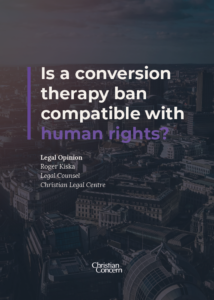Our website uses cookies, usage analysis and other technologies. We use these tools because they help us to run our website, provide you with content (including video and audio clips), understand how people use our website, make improvements to our services, and promote our work more effectively. This means that we and selected third-party services may store cookies and other similar information on your device, and may analyse how you use our website. Some of these tools are necessary for our website to function as intended but others are optional, and you can choose whether or not to allow them. You can find out more here.
Certain cookies and other technologies are used on our website to provide core functionality. You can read more about this here. You may be able to use your browser settings to block these tools but if you do, our website may not function as intended.
To enrich your experience of this website, we embed carefully selected content from other platforms. For example, we embed video clips from our YouTube channel, and audio clips from our SoundCloud channel. These third-party platforms may store and use cookies (or similar technology) on your device, and may analyse your use of this site or the embedded content. We do not directly control what technologies they use. You can find out more here. If embedded content is disabled it may affect your experience of this website.
This website uses tools from selected third-party providers (Google and Facebook) to help us understand how people arrive at and use our website, and to measure and improve the effectiveness of some of our promotional activity. These tools may store and use cookies (and similar information) on your device, and analyse your use of this website, and other sites and platforms. These tools help us to improve our services, reach people who may be interested in our work and make better use of our resources but information may be shared with these third-party providers and may be used for their own purposes. You can find out more here.
You can find out more about this website's use of cookies, usage analysis and similar technologies here.
 Would banning ‘conversion therapy’ actually break the law? Would it even be a practical step for the government to make?
Would banning ‘conversion therapy’ actually break the law? Would it even be a practical step for the government to make?